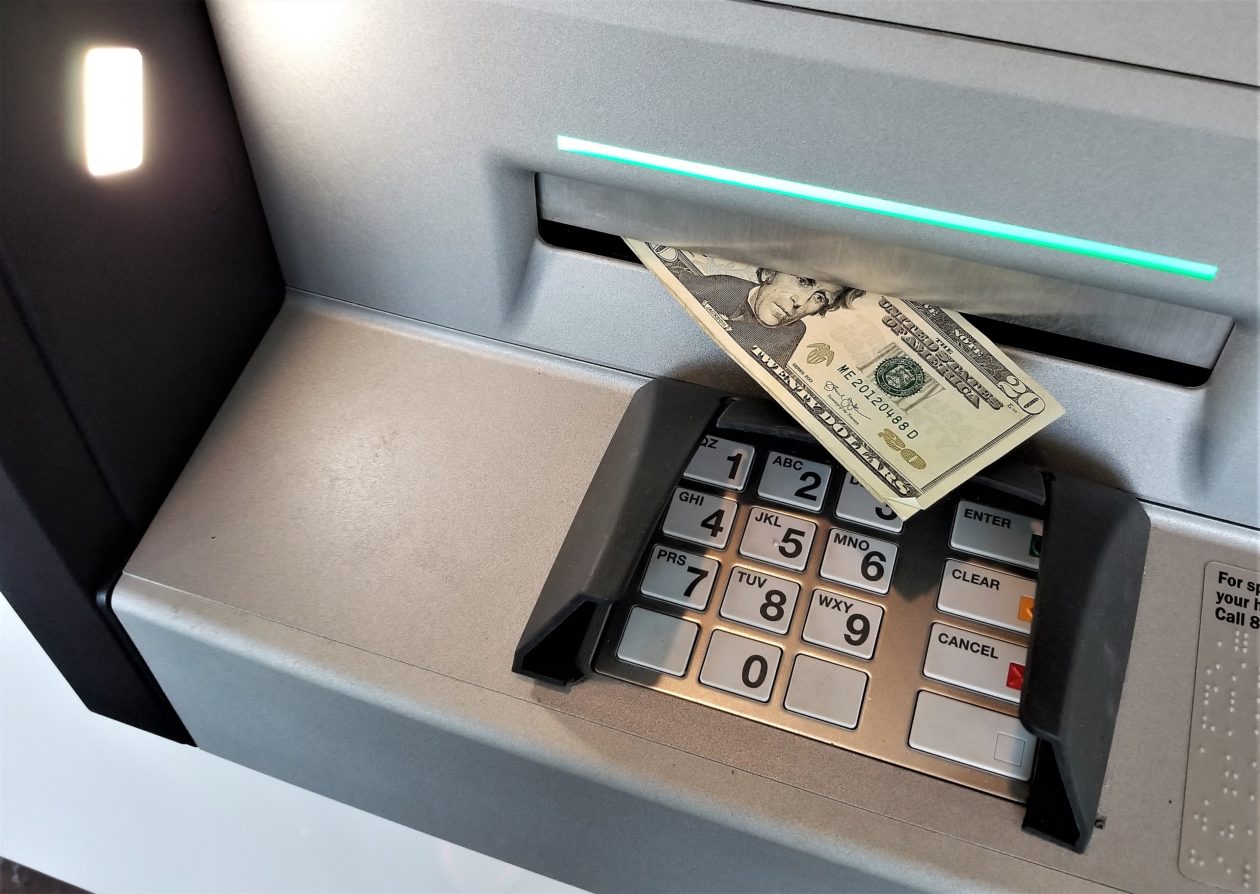Bitcoin ATM operators DigitalMint and Coinsource are joining blockchain analytics company Chainalysis to form the Cryptocurrency Compliance Cooperative (CCC). The mission of the CCC is to bolster compliance standards and protect consumers in the cash-to-cryptocurrency industry.
Fast facts
- Leaders in the cash-to-crypto business say they are on the mission to create a safer environment for all consumers and legitimize their industry by bolstering compliance standards that are currently deemed by many to be insufficient.
- Since their first deployment in the U.S. in 2014, Bitcoin ATMs — also known as BTMs or BATMs — and other cash-to-crypto point-of-sale locations have helped people access the crypto market by allowing them to buy cryptocurrencies with cash. These machines, which resemble a traditional ATM, have now surpassed 42,000 installations across the U.S. There are also 130 BTMs in Hong Kong, which has the highest concentration of Bitcoin ATMs in Asia.
- “The nefarious use cases plaguing this industry are well documented by several law enforcement agencies, and include fraud, elder abuse, and drug and human trafficking,” said Seth Sattler, director of compliance for DigitalMint and leading contributor of the Cryptocurrency Compliance Cooperative, in a news release.
- According to an independent report conducted by the State of New Jersey Commission of Investigation, although there are a small number of Bitcoin ATM operators that follow strict know-your-customer (KYC) and anti-money laundering (AML) protocols, there are still many in the cash-to-crypto industry who simply turn a blind eye and ignore bad actors, applying only the bare minimum customer protections and in many cases allow for completely anonymous transactions.
- The New Jersey report found that nearly 75% of the Bitcoin ATM operators with kiosks in the state allowed certain transactions to take place without requiring the customer to provide any information beyond a cell phone number. Additionally, half of these operators allowed for cryptocurrency transactions up to US$900 with just a cellphone number, or in some cases, no information at all. Relying on the collection of phone numbers is simply not enough to satisfy FinCEN KYC requirements due to the prevalence and accessibility of prepaid cell phones, commonly known as “burners.”
- “Unfortunately, many BTM operators feel that merely asking for a cell phone number is enough due diligence to absolve them of their mandated KYC requirements,” said Bo Oney, executive vice president of operations and head of compliance at Coinsource in a press release. “Such lax provisions provide a safe haven for bad actors to abuse the machines for nefarious purposes. The CCC is seeking to bolster regulatory requirements for the benefit of all BTM users and operators. This will require input from the most knowledgeable in the industry, all with the goal of making the cash-to-crypto space as safe as possible for consumers.”

